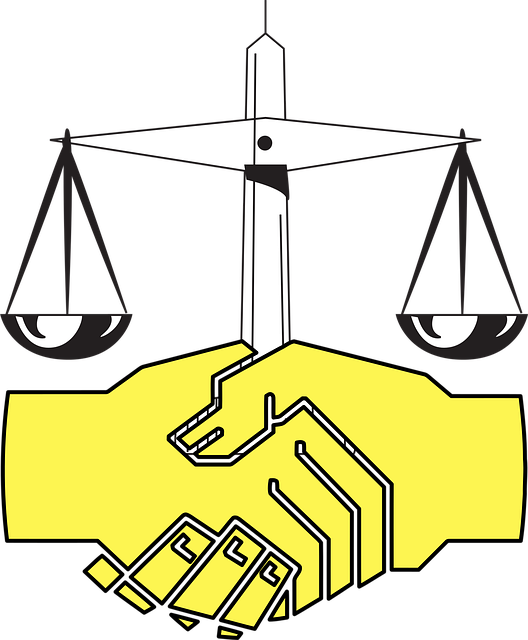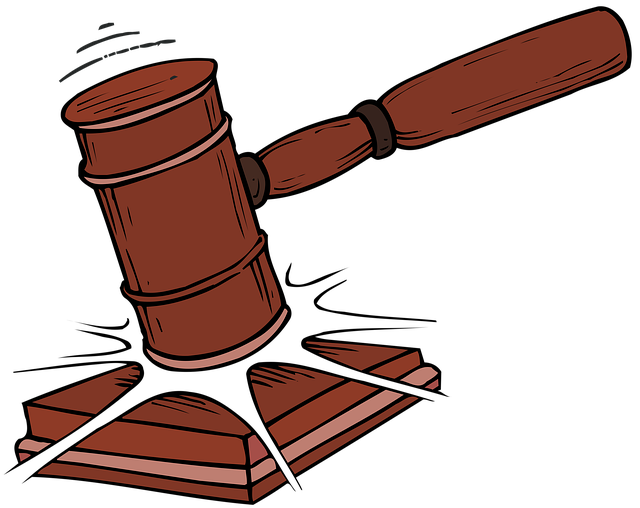Antitrust laws are essential for maintaining fair competition, preventing monopolies and protecting consumers. Recognizing violations like price fixing and market division is key to avoiding financial losses, fostering innovation and choice. Legal Assistance for Environmental Regulation Violations is crucial in complex antitrust cases, especially when ecological impacts are involved. Specialized attorneys use evidence gathering and data analytics to expose illegal practices, navigate regulatory frameworks and advocate for favorable outcomes.
“Uncover the intricate world of antitrust violations, where competition meets legality. This comprehensive guide explores critical aspects of these cases, from recognizing signs of manipulation in business practices to understanding their profound impact on market dynamics. We delve into legal strategies for investigation and proof, emphasizing the role of environmental regulation as a targeted response.
Learn how expertise in Legal Assistance for Environmental Regulation Violations can navigate complex scenarios, ensuring fair competition and market integrity.”
- Understanding Antitrust Laws and Their Relevance
- Common Signs of Antitrust Violations in Business
- The Impact on Industries and Market Dynamics
- Legal Strategies for Investigating and Proving Violations
- Environmental Regulation: A Focused Approach to Relief
Understanding Antitrust Laws and Their Relevance

Antitrust laws play a pivotal role in maintaining fair competition within markets, ensuring that businesses operate ethically and do not restrict trade or exploit consumers. These regulations are designed to protect the interests of both consumers and competitors by preventing monopolistic practices and promoting a healthy economic environment. The relevance of antitrust laws is ever-present, especially in today’s interconnected global market where mergers and acquisitions can have significant impacts on industry dynamics.
Understanding these laws is crucial for businesses and individuals alike, as they often involve complex legal frameworks that require specialized Legal Assistance for Environmental Regulation Violations. When companies engage in anti-competitive behaviors such as price fixing, market division, or abusive pricing power, it not only distorts the marketplace but can also lead to substantial financial losses for consumers and smaller businesses. The implications extend beyond economic consequences, affecting innovation, choice, and overall well-being within the affected industries. Therefore, having knowledge of antitrust laws empowers both the business community and consumers to recognize and report potential violations, ensuring accountability and fostering a more transparent and competitive market.
Common Signs of Antitrust Violations in Business

Recognizing antitrust violations is crucial for maintaining fair business practices. Common signs include price-fixing, where businesses collude to set prices, and market division, where companies allocate territories or customer segments among themselves. These behaviors often lead to reduced competition, higher prices for consumers, and limited product choices.
Other indicators of potential violations are tie-ins, where the purchase of one product is made conditional on buying another, and exclusive dealing agreements that prevent retailers from selling products from competing manufacturers. In high-stakes cases, these practices can result in significant legal repercussions, including jury trials and even avoiding indictment through effective Legal Assistance for Environmental Regulation Violations. Businesses should be vigilant to ensure they are not engaging in activities that undermine market competition.
The Impact on Industries and Market Dynamics

Antitrust violations can significantly alter the landscape of various industries and markets, creating ripples that extend far beyond the initial incident. When companies engage in anti-competitive practices like price-fixing, market allocation, or monopolization, it disrupts the free flow of competition, often leading to higher prices and limited consumer choices. These illegal activities can stifle innovation and hinder economic growth, especially in sectors where collaboration and fair play are essential for progress.
Legal assistance plays a pivotal role in navigating these complex cases, offering businesses and individuals much-needed support. Skilled attorneys specializing in antitrust law can provide guidance on compliance, help uncover and expose violations, and represent clients in high-stakes jury trials across the country. By securing legal aid, affected parties can not only achieve extraordinary results but also contribute to restoring market dynamics and ensuring fair competition for all participants.
Legal Strategies for Investigating and Proving Violations

When investigating and proving antitrust violation cases, legal strategies play a crucial role in navigating complex regulatory landscapes. A comprehensive approach often involves gathering substantial evidence, employing expert witnesses, and utilizing advanced data analytics to uncover illegal practices. Legal assistance for environmental regulation violations is increasingly important, as these cases can have significant implications for businesses and the wider philanthropic and political communities.
High-stakes cases demand a meticulous focus on every stage of the investigative and enforcement process. Skilled legal teams must be adept at analyzing market structures, deciphering intricate business agreements, and identifying patterns that signal anticompetitive behavior. By leveraging robust legal strategies, they can ensure that violations are thoroughly exposed, providing a solid foundation for successful prosecutions and remedies that protect fair market competition.
Environmental Regulation: A Focused Approach to Relief

When it comes to environmental regulation violations, a focused approach is key. In high-stakes cases involving antitrust breaches with significant ecological impact, securing Legal Assistance for Environmental Regulation Violations can make all the difference. Expert legal teams specialize in navigating complex regulatory landscapes and advocating for robust remedies. Their goal isn’t just to mitigate penalties but to achieve extraordinary results, including complete dismissal of all charges, ensuring businesses are held accountable while fostering responsible environmental practices.
This strategic approach leverages a deep understanding of both environmental laws and antitrust principles. By meticulously constructing legal arguments and presenting compelling evidence, these specialists can secure the best possible outcomes for their clients—whether it’s through settlement negotiations, administrative proceedings, or even litigation. This focused strategy not only protects businesses from severe repercussions but also drives meaningful environmental change.
Antitrust violation cases significantly shape market competition and fairness. By recognizing common signs of violations, businesses can ensure they adhere to relevant laws. The legal strategies outlined in this article provide a robust framework for investigating and proving misconduct, while the focused approach to environmental regulation offers targeted relief. For those facing potential or proven violations, seeking Legal Assistance for Environmental Regulation Violations is crucial to navigating complex legal landscapes and mitigating impacts on industries and market dynamics.






